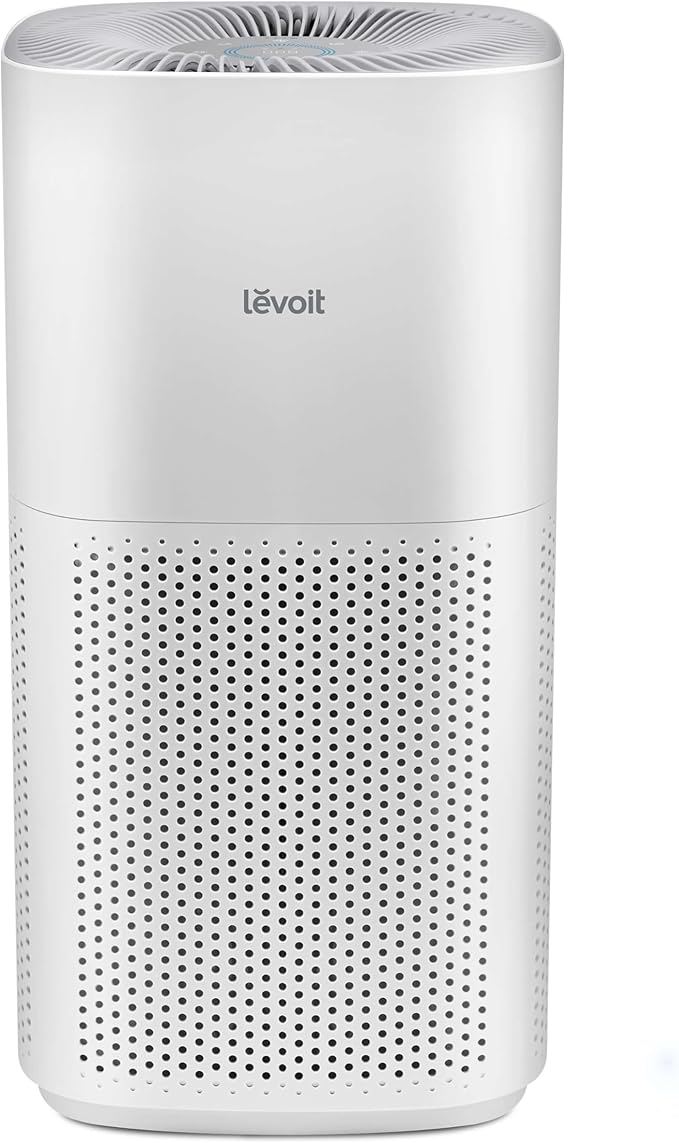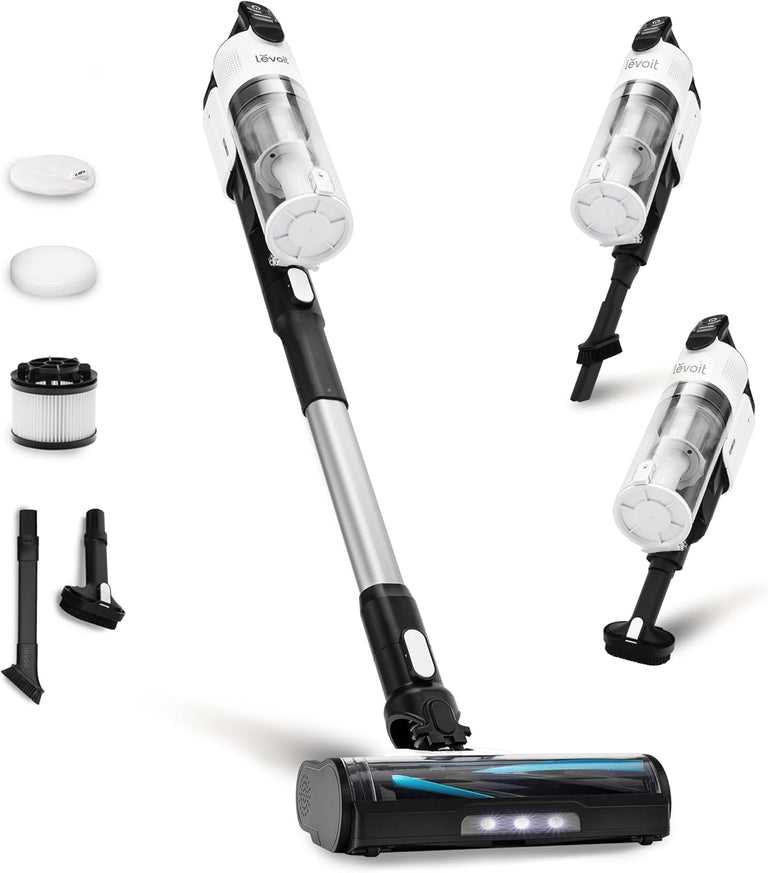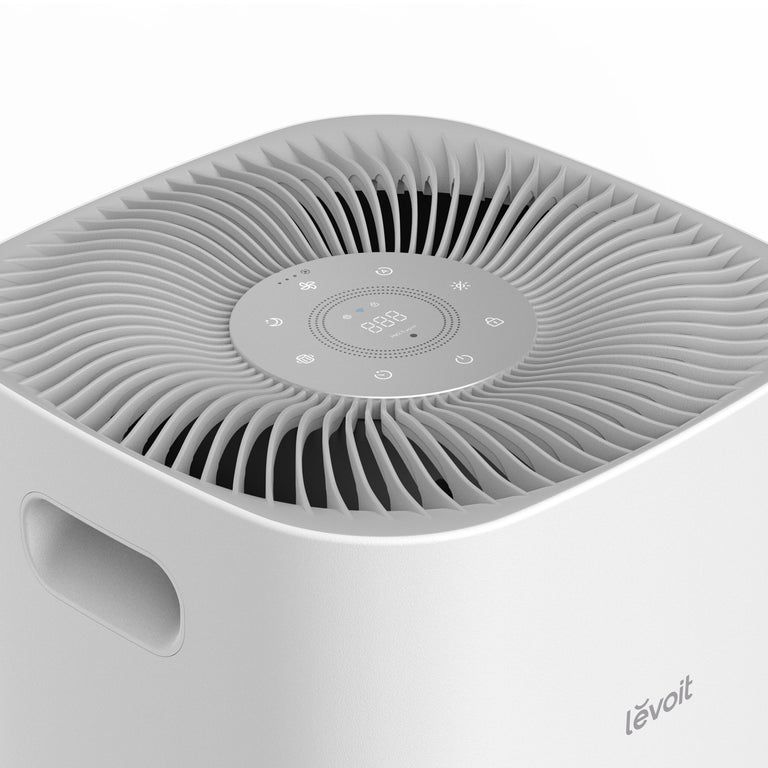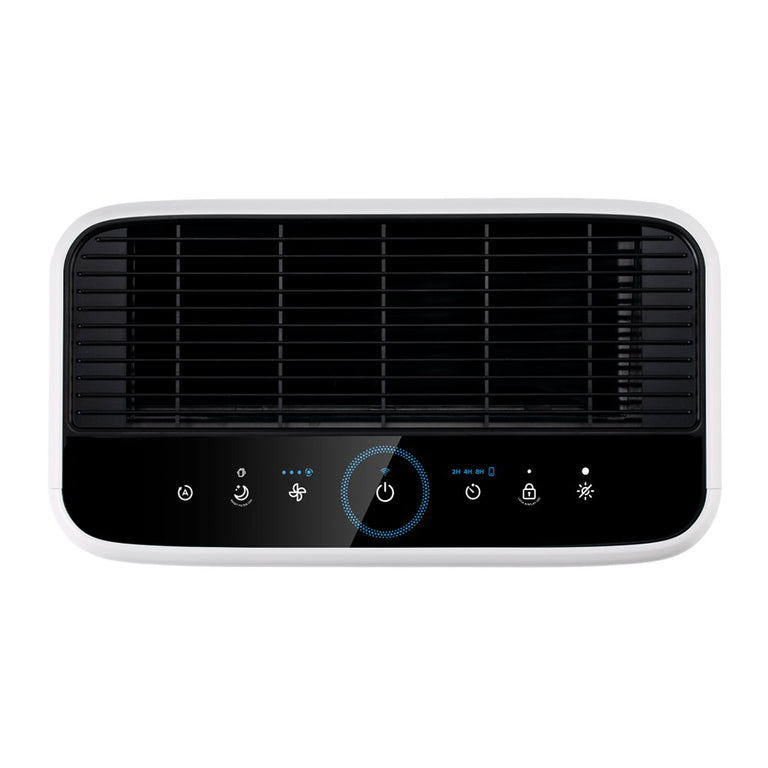
Clean Air Month: What Do You Need to Know?
-
1 min read
Awareness is the first step to a solution. We’ve put together a quick summary of everything you need to know about Clean Air Month, Air Quality Awareness Week, and what you can do to keep your air clean.
What is Clean Air Month?
What began as a week-long event in 1972 is now a month-long deep dive into the effects of airborne pollution and its possible solutions. Observed in partnership with the American Lung Association, Clean Air Month is a great opportunity to pause and reflect on how we can protect ourselves and future generations from the declining air quality of our planet.
What is Air Quality Awareness Week?
From May 6–10, the U.S. Environmental Protection Agency (EPA) will partner with several other government agencies—the National Aeronautics and Space Administration, Centers for Disease Control and Prevention, and the U.S. Forest Service, to name a few—to promote resources and share knowledge about the effects of air quality on our health.
At Levoit, we’ll be covering daily topics concerning air quality during this week. Stay tuned to stay in the know.
Concerning air quality, what should we know?
Let’s break it down into 2 sections: indoor and outdoor air quality.
Indoor: Surprisingly, indoor air quality can be 2–5 times worse than the pollution outside. This is largely due to poor air circulation, which makes it easy for pesky allergens and bacteria to get cozy in our homes. They can enter through open doors and windows, as well as on our clothes, shoes, and pets.
Outdoor: The weather app on your smartphone is a helpful resource when it comes to knowing the air quality of your area. If you live in a highly populated area with heavy traffic, you’re likely to experience worse outdoor pollution than those in a remote area, due to fumes, car exhaust, factory smoke, etc.
What are the health effects of pollution?
According to the EPA, studies have linked pollution exposure to these adverse symptoms:
- Nonfatal heart attacks
- Irregular heartbeat
- Aggravated asthma
- Lung irritation
- Coughing and difficulty breathing
What are ways to improve air quality?
Here are a few simple but effective steps you can take:
- Use an air purifier(s) to improve indoor air circulation and filter pollutants
- Place plants (natural air purifiers) throughout your home
- Carpool, shop sustainable clothing brands, and create less food waste to reduce your carbon footprint
- Post helpful information from legitimate sources to promote awareness
Talking about pollution can feel overwhelming, but the more we understand, the easier it will be to protect ourselves and the planet.
Sources
Health and Environmental Effects of Particulate Matter (PM) | US EPA
Clean Air Indoors | American Lung Association
Important Note
The information provided here is for informational and educational purposes only and should not be used in medical emergencies or for diagnosing or treating any medical condition. It's crucial to consult a licensed medical professional for diagnosis and treatment. External links are for informational purposes and do not constitute endorsements. No warranty of any kind, either expressed or implied, is made as to the products and/or the accuracy, reliability, timeliness, or correctness of the information provided herein.
Featured Products
-
Sold OutRegular price $159.99Unit price perRegular price
$189.99$159.99- Smart
- Large rooms
-
Regular price $119.99Unit price perRegular price
$139.99$119.99- Smart
- Medium rooms
-
Sold Out
- Smart
- Large rooms
-
- Smart
- Large rooms










